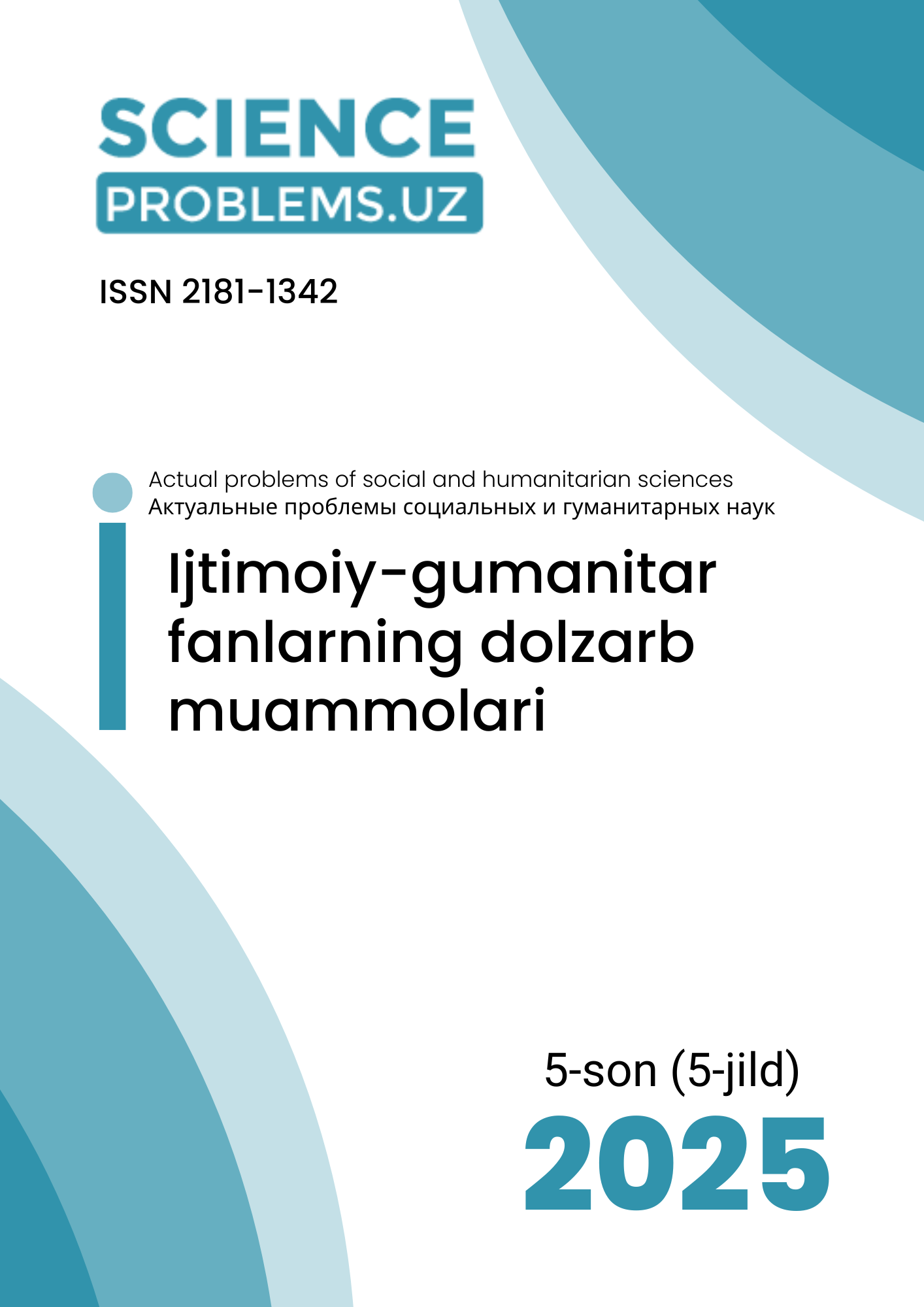THE MISJUDGEMENTS (HALLUCINATIONS) OF ARTIFICIAL INTELLIGIENCE: CONCEPTUAL FOUNDATIONS, UNDERLYING CAUSES AND REGULATORY IMPERATIVES
DOI:
https://doi.org/10.47390/SPR1342V5I5Y2025N69Keywords:
artificial intelligience, “hallucination”, “confabulation”, legal risks, AI-generated evidence, documents or legal advice, unreliable sources, non-existent information.Abstract
This article examines the phenomenon of hallucinations in artificial intelligience systems within legal practice, the generation of incorrect or non-existent data and conclusions by analyzing their conceptual nature, underlying causes, and associated risks, real-world court cases involving the misuse of generative AI tools such as ChatGPT by legal professionals and the urgency of enhancing regulatory frameworks, ethical and normative accountability to mitigate such errors.
References
2. Seife, Charles (13 December 2022). "The Alarming Deceptions at the Heart of an Astounding New Chatbot". Slate. Archived from the original on 26 March 2023. Retrieved 16 February 2023;
3. Weise, Karen; Metz, Cade (1 May 2023). "When A.I. Chatbots Hallucinate". The New York Times. ISSN 0362-4331. Archived from the original on 4 April 2024. Retrieved 8 May 2023;
4. Edwards, Benj (6 April 2023). "Why ChatGPT and Bing Chat are so good at making things up". Ars Technica. Archived from the original on 11 June 2023. Retrieved 11 June 2023;
5. Broad, William J. (23 December 2024). "How Hallucinatory A.I. Helps Science Dream Up Big Breakthroughs". The New York Times;
6. Jiang, Che. "AI Hallucinations: A Misnomer Worth Clarifying". Retrieved 2 April 2024;
7. Creamer, Ella (15 November 2023). "'Hallucinate' chosen as Cambridge dictionary's word of the year". The Guardian. Retrieved 7 June 2024;
8. Ji, Ziwei; Lee, Nayeon; Frieske, Rita; Yu, Tiezheng; Su, Dan; Xu, Yan; Ishii, Etsuko; Bang, Ye Jin; Madotto, Andrea; Fung, Pascale (31 December 2023). "Survey of Hallucination in Natural Language Generation". ACM Computing Surveys. 55 (12): 1–38. arXiv:2202.03629. doi:10.1145/3571730;
9. https://arxiv.org/html/2503.23674v1;
10. The United Nations Educational, Scientific and Cultural Organization (UNESCO) // https://ru.wikipedia.org;
11. https://unesdoc.unesco.org/ark:/48223/pf00.;
12. Ed Cohen, Most Judges Haven’t Tried ChatGPT, and They Aren’t Impressed, NAT’L JUD. COLL. (July 21, 2023), https://www.judges.org/news-and-info/most-judges-havent-tried-chatgpt-andtheyarentimpressed/#:~:text=Of%20the%20332%20judges%20who,technology%20isn’t%20reliable%20enough[https://perma.cc/79Z8-LYR7];
13. Quinn Ritzdorf, Colorado Springs Attorney Says ChatGPT Created Fake Cases He Cited in Court Documents, KRDO (June 13, 2023, 5:30 PM), https://krdo.com/news/2023/06/13/coloradosprings-attorney-says-chatgpt-created-fake-cases-he-cited-in-court-documents/ [https://perma.cc/8CNCQFN8];
14. Robot lawers don’t have disciplinary hearings-real lawers do: the ethical risks and responses in using generative artificial intelligience. Hon. John G. Browning.10ˍ40ˍ4ˍbrowningˍfinal.pdf˗Foxit Reader;
15. https://calmatters.org/economy/technology/2024/06/face-recognition-technology california/#:~:text=Tests%20by%20researchers%20have%20shown,in%20a%20database%20is%20outdated;
16. E.g., Pranshu Verma & Will Oremus, These Lawyers Used ChatGPT to Save Time. They Got Fired and Fined., WASH. POST, https://www.washingtonpost.com/technology/2023/11/16/chatgpt-lawyerfired-ai/ [https://perma.cc/TCU3-QLAW] (Nov. 16, 2023, 10:39 AM);
17. Judge Brantley Starr – Judge Specific Requirements: Mandatory Certification Regarding Generative Artificial Intelligence, U.S. DIST. CT. N. DIST. TEX., https://www.txnd.uscourts.gov/judge/judge-brantley-starr [https://perma.cc/C5XR-89LP];
18. Hon. Stephen Alexander Vaden, United States Court of International Trade, Order on Artificial Intelligence 1 (June 8, 2023) [hereinafter Court of International Trade AI Order],https://www.cit.uscourts.gov/sites/cit/files/Order%20on%20Artificial%20Intelligence.pdf [https://perma.cc/DZ2N-JTJC];
19. J. Michael M. Baylson, United States District Court for the Eastern District of Pennsylvania, Standing Order Re: Artificial Intelligence (“AI”) in Cases Assigned to Judge Baylson (June 6, 2023), https://www.paed.uscourts.gov/sites/paed/files/documents/procedures/Standing%20Order%20Re%20Artificial%20Intelligence%206.6.pdf [https://perma.cc/37VL-A97L];
20. Mag. J. Gabriel A. Fuentes, United States District Court for the Northern District of Illinois, Standing Order for Civil Cases Before Magistrate Judge Fuentes, at 2 (May 31, 2023),https://www.ilnd.uscourts.gov/_assets/_documents/_forms/_judges/Fuentes/Standing%20Order%20Fo20Civil%20Cases%20Before%20Judge%20Fuentes%20rev%27d%205-31-23%20(002).pdf [https://perma.cc/5PZ4-Z42P].








